AAPC 2016
- Pages
- AAPC 2016
Agricultural Sector Transformation for Food Security, Jobs Creation and Poverty Reduction
The 2016 Agricultural Policy Conference aimed at reaching a common understanding among the agriculture stakeholders on the following overarching issues:
- The way forward in the agricultural sector transformation to achieve the objectives of the Vision 2025, on food security, employment and poverty reduction.
- To remind stakeholders about the policy promises made by the Government to the private sector in 2011 and what is happening on the ground concerning agriculture transformation in Tanzania.
- To underscore the importance of the main pillars set up by Kilimo Kwanza in 2009, which laid the roadmap for further initiatives in the transformation process including the SAGCOT, BRN and the stake they have in the ASDP-2.
- Serena Hotel, Dar-es-Salaam
- February 23 - 25 , 2016
Disclaimer: PAG reserves the right to make final determination of physical participants in Dodoma. A strict code of conduct will be put in place as we take all precautions against COVID-19
About PAG & AAPC
The Annual Agricultural Policy Conference (AAPC) is organized by the Policy Analysis Group (PAG) in collaboration with the Ministry of Agriculture. The PAG is an informal (community of practice) and voluntary group that consists of members working on agricultural policy projects, initiatives, academia, and local and international policy think tanks. Established in 2013, the group has about 20 members and provides a platform for sharing information on policy research findings so as to enhance coordination, collaboration and synergy. The PAG also aims at ensuring consistency in policy messaging.
The AAPC brings together over 150 participants from academia, research institutions, policy-makers, advocacy groups and development practitioners from Tanzania, in the region and beyond. The Conference provides an opportunity to assess progress in implementing policy reforms under the CAADP framework of the New Alliance on Food Security and Nutrition. In addition, the conference will discuss successes, lessons learned and identify remaining gaps, how to increase competitiveness within the alliances, and emerging issues that require attention.
Partners



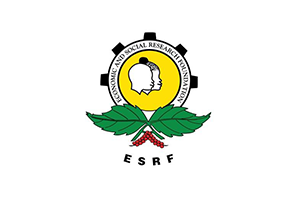


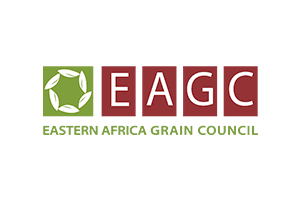
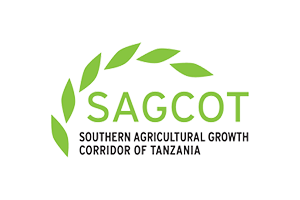







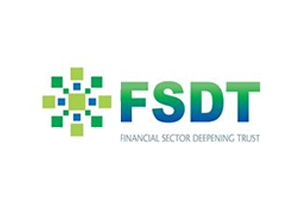



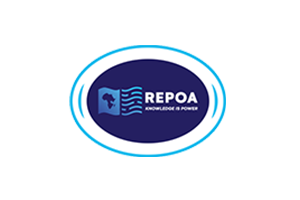
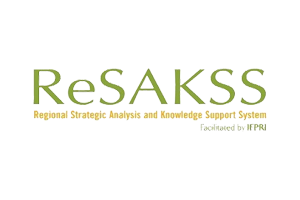
Thematic Areas
- Innovation and Technology in Agriculture: Mobile technology
- Agricultural Sector Policy
- Agriculture Markets and Trade Policy
- Enabling Policy for Private Sector Investment
- Land Tenure Policy
- Access to Finance and Technology
- Agricultural Input Policy